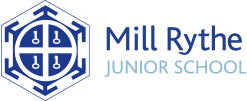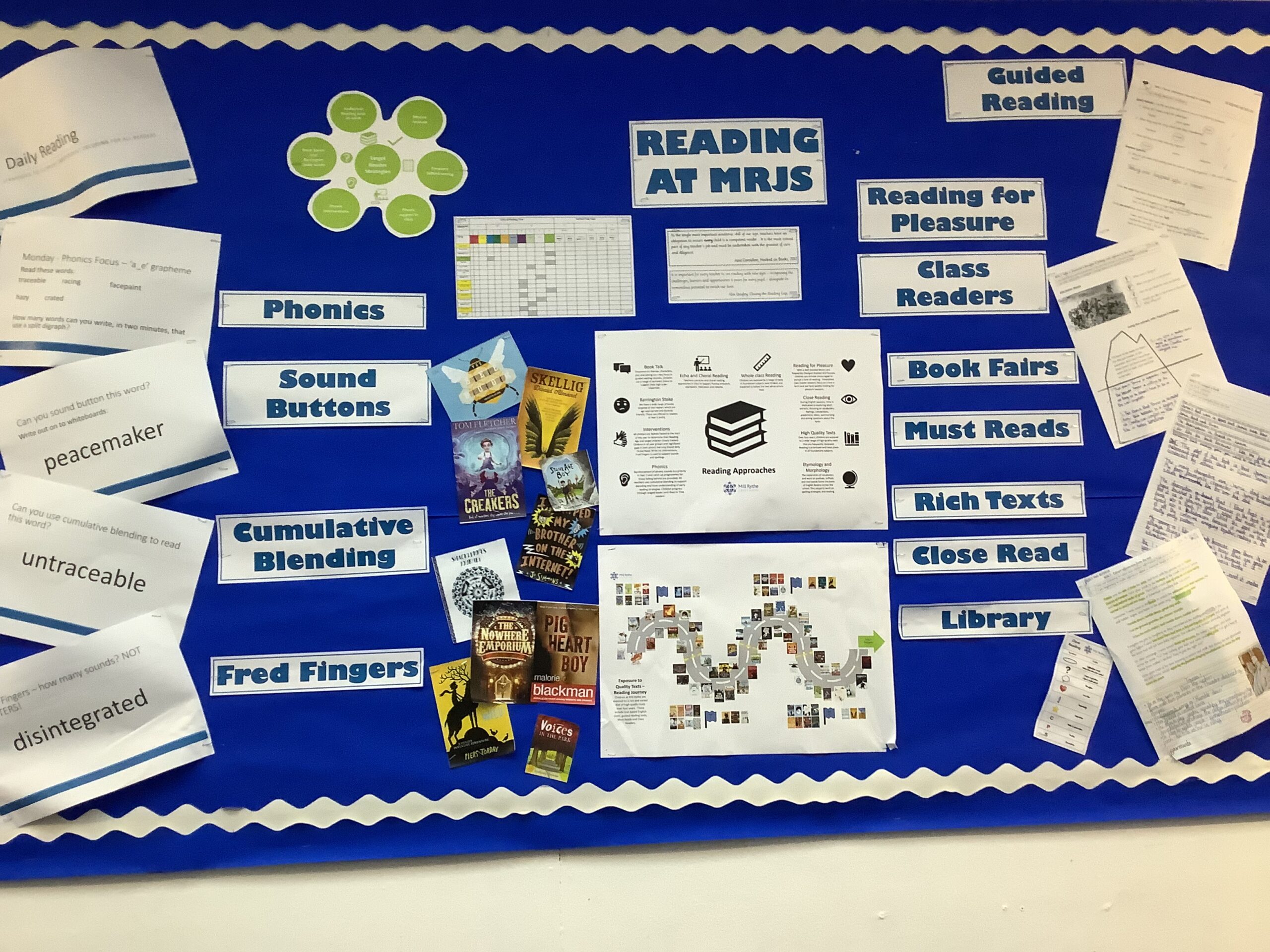At Mill Rythe, our English curriculum is broad, varied, creative and rich, designed to capture the imaginations of our learners. It is our intention that our children become literate, coherent communicators who can effectively express themselves in a wide range of contexts and in a wide variety of ways.
We want to encourage our pupils to be inquisitive about vocabulary, to continue to grow their own vocabulary repertoire and to develop their ‘word consciousness’. Language-rich pupils are effective communicators and strong comprehenders. Vocabulary acquisition is not finite: it’s a lifelong, ongoing process. We want to develop active readers and writers with an interest in words and language, who possess the tools and strategies to seek out the meaning of unfamiliar vocabulary.
Our intention is to ensure that all children at Mill Rythe become fluent and confident readers in order to improve children’s comprehension and to be able to enjoy a wide range of texts. We recognise how vital reading is in helping us to understand the world around us and the opportunities being able to read well provides us with. In order to access learning, at school and later on in life, children need to be able to read fluently. All the time that reading is hard and not fluent, children’s brains are taken up recalling their phonic knowledge and decoding strategies and are not solely focused on understanding the words on the page. We strive to enable every child regardless of their background, needs or abilities to become a good reader and we aim to provide rich, engaging experiences of reading that inspire the child to become passionate lifelong readers.

